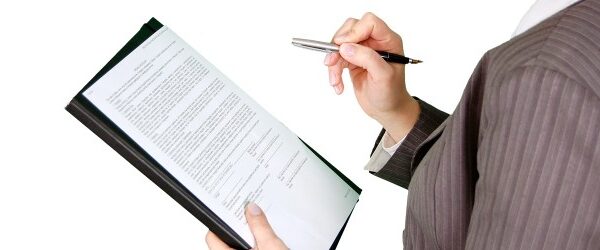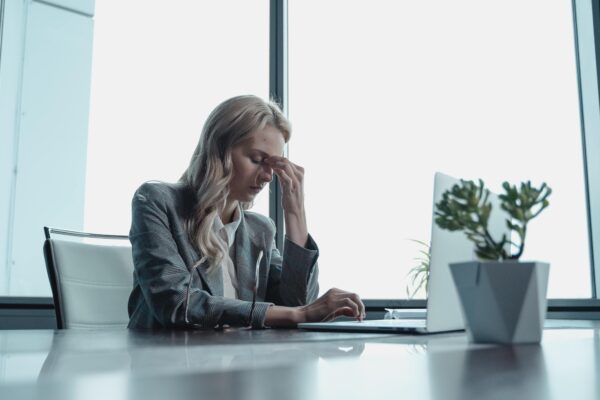3 Questions You Should Ask Before Signing A Commercial Lease

Finding the perfect commercial property for your business can be a struggle, especially if your business doesn’t quite fit into the standard tick boxes. Specialist commercial properties are hard to come by – like those with A3 planning permission or a large workshop style area. So when you do find one, it’s natural to want to snap it up quickly before it disappears. But if you rush into signing a lease without reading and understanding it, you could come up against all sorts of problems. Here are the 3 most common questions commercial tenants forget to ask – and why you need to be asking them.
How Long Will The Lease Run?
A basic point, I grant you, but important none the less. In the past, landlords of commercial properties would try to lock business owners into the longest lease terms possible to keep vacancies at a minimum. But in such a fast-paced world, it’s much more common for the tenant to be the one pushing for a longer lease period and renewal clause. Office space is now at a premium and empty properties aren’t as much of an issue for landlords. Typically, a commercial lease will last anywhere from 3 to 10 years, and will usually include break out clauses at certain points. But it’s important to pin down, in writing, exactly when the lease will start and end before you sign it. Unless the property you’re moving in to is vacant when you move in, all sorts of last minute problems can occur and this can lead to you paying for a lease you’re not using.
How Much is Rent, And Will It Change?
How much is the rent on the premises? Is that rent a fixed amount during your entire tenancy, or is it subject to change? Will there be annual reviews or could it change at a moment’s notice? Rent, unlike pretty much every other cost of business, is a fairly inflexible part of your overheads, so you need to make sure you are prepared for any changes well in advance. Take the time to understand how your rent is calculated and how rent increases will be employed. A common way for landlords to protect themselves against the rising costs of inflation is to include an escalation clause in the lease, which means they can step up the rates according to the Consumer Price Index. These options can usually be negotiated if you aren’t happy with them – but only if you know they’re there.
Who’s Responsible For Insurance And Maintenance
This is one that often gets forgotten as a ‘little thing’, but actually it’s one of the most important elements in your lease. If you’re in a building with multiple other tenants, you may find that general insurance provided by the landlord doesn’t cover your specific business needs. To avoid disaster, you need to make sure that you get the landlords insurance type in writing, along with what it covers, so that you can decide if you need your own insurance as well. Similarly, getting the responsibilities for insurance and maintenance nailed down in writing is essential to avoid disputes in the future. It might be the tenant’s responsibility to make sure that no damage is done to landlord assets, for example the furniture or carpets. But if a pipe bursts in the ceiling and causes damage, this should not be the responsibility of the tenant. The problem is, unless you have this in writing, it often is, so if you want to avoid some big bills, make sure you understand your responsibilities in detail.
If you’re looking to sign a new commercial lease for a new unit or property, there are a lot of factors to take into account and even more things for you to do before move in. Because the process is so hectic (almost as bad as buying a new house), the fine print often gets overlooked, so it’s only when something goes wrong that you notice the issues. To make sure you’re not agreeing to outrageous terms, get a qualified solicitor like us to review your lease and advise you. For more information, get in touch with us today.




